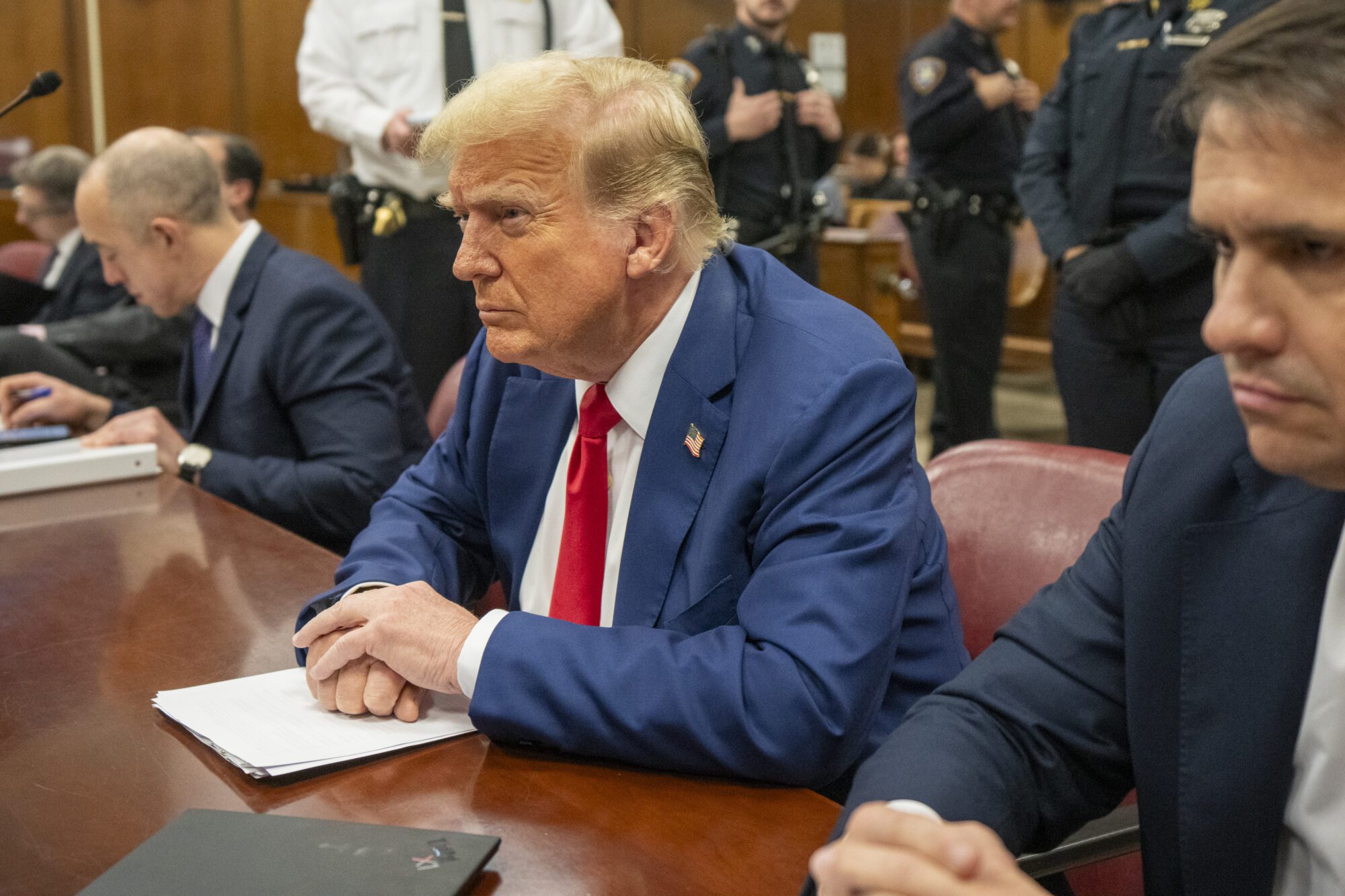It’s true that Romney took a sharp right turn when he moved from state to national politics. But it’s also true that in 2008 he was the candidate behind whom Rush Limbaugh and Mark Levin, among other conservative notables, said that the conservative movement should rally in order to stop John McCain from getting the nomination. He has not moved left since that time. His positions on policy questions are almost all the same as they were then. On a few issues he has moved right: He now favors a market-oriented reform to Medicare, for example.
If Romney was to McCain’s right then, he is still. He’s to George W. Bush’s right, too. Bush never came out for the Medicare reform Romney has endorsed. Bush never said that Roe v. Wade should be overturned, either. Romney has. Romney’s long list of policy advisers includes people who are, within their fields, roughly in sync with the politics of the Bush administration or to its right; almost nobody is significantly to its left.
If Mitt Romney becomes president, he will almost certainly be dealing with John Boehner as speaker of the House and Mitch McConnell as Senate majority leader. While they, too, have their conservative detractors, they are the most conservative congressional leaders Republicans have had in modern times, and they will exert a rightward influence on the Romney administration. If they send him legislation to repeal Obamacare, cut taxes, or reform entitlements, he will sign it where Obama would veto it. If at some other point in his presidency a liberal-run Congress sends him tax increases, he will veto them where Obama would sign. Compared with President Obama, a President Romney would do more to protect the defense budget.
NRO
12/2/11






